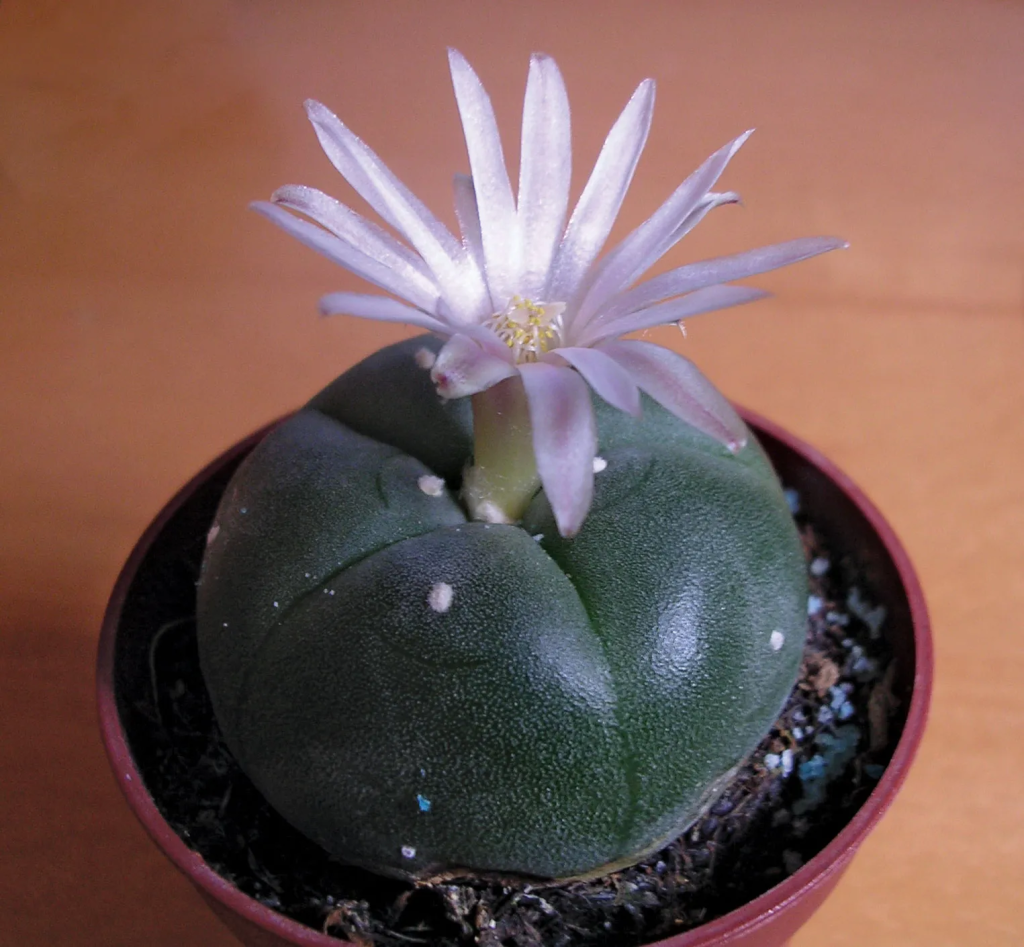Peyote and Altered States of Consciousness
Peyote and Altered States of Consciousness
Peyote, clinically referred to as Lophophora williamsii, is just a little, spineless cactus that grows in the deserts of southwestern United Claims and Mexico. For ages, this amazing place has presented heavy religious and national significance among indigenous towns, particularly in Native National traditions. In this informative article, we shall delve in to the annals, national importance, and possible beneficial advantages of peyote.
A Rich History and Cultural Significance
Peyote includes a extended history of good use among indigenous individuals, with archaeological evidence suggesting its use relationship straight back tens and thousands of years. It is most notably connected with Indigenous National tribes, like the Huichol, Navajo, and Comanche, who contemplate peyote a holy and transformative plant. Peyote is often used in spiritual ceremonies and rituals to help spiritual activities, experience of the divine, and personal introspection.
The Peyote Experience and Ritual Use
Eating peyote can cause profound adjustments in understanding, resulting in an extended state of consciousness. That knowledge is known by vivid ideas, increased physical notion, and an expression of unity with the surrounding environment. In the situation of spiritual ceremonies, peyote is often eaten in carefully organized rituals light emitting diode by experienced religious leaders, who manual players through the journey and help them steer the religious realms.
Medicinal Potential and Contemporary Study
Regardless of their social and spiritual significance, peyote has attracted interest because of its potential healing properties. Traditional healers have extended applied peyote for the purported therapeutic benefits, including pain relief, fever decrease, and therapy of numerous ailments. In recent years, there has been growing fascination with studying the beneficial possible of peyote and its productive ingredient, mescaline, for mental wellness conditions such as depression, anxiety, and addiction. But, more medical research is required to validate these claims and buy peyote cactus safe and successful therapeutic applications.

Conservation and Sustainability
Peyote looks significant conservation problems due to habitat loss, overharvesting, and illicit trade. As a slow-growing cactus that requires several years to adult, unsustainable harvesting methods may severely influence its population. Attempts are underway to guard and sustainably control peyote populations, concerning collaborations between indigenous towns, conservation agencies, and government agencies. These initiatives goal to guarantee the preservation with this culturally and ecologically important place for future generations.
Legitimate and Ethical Concerns
The legitimate position of peyote differs across nations and regions. In the United States, like, peyote is legitimately secured for religious use by Native National tribes under the American Indian Spiritual Flexibility Act. But, non-indigenous utilization of peyote is generally prohibited. It is vital to respect and adhere to the national and legitimate frameworks surrounding peyote to ensure responsible and moral engagement.
Realization
Peyote stands as a symbol of spiritual connection, social history, and traditional wisdom. Its used in spiritual ceremonies has performed a critical position in the spiritual lives of indigenous communities. As the potential therapeutic benefits of peyote are increasingly being explored, it’s essential to method that place with regard, social sensitivity, and environmental consciousness. By understanding and appreciating the significance of peyote, we are able to foster a greater appreciation for its cultural heritage and donate to their sustainable conservation.

